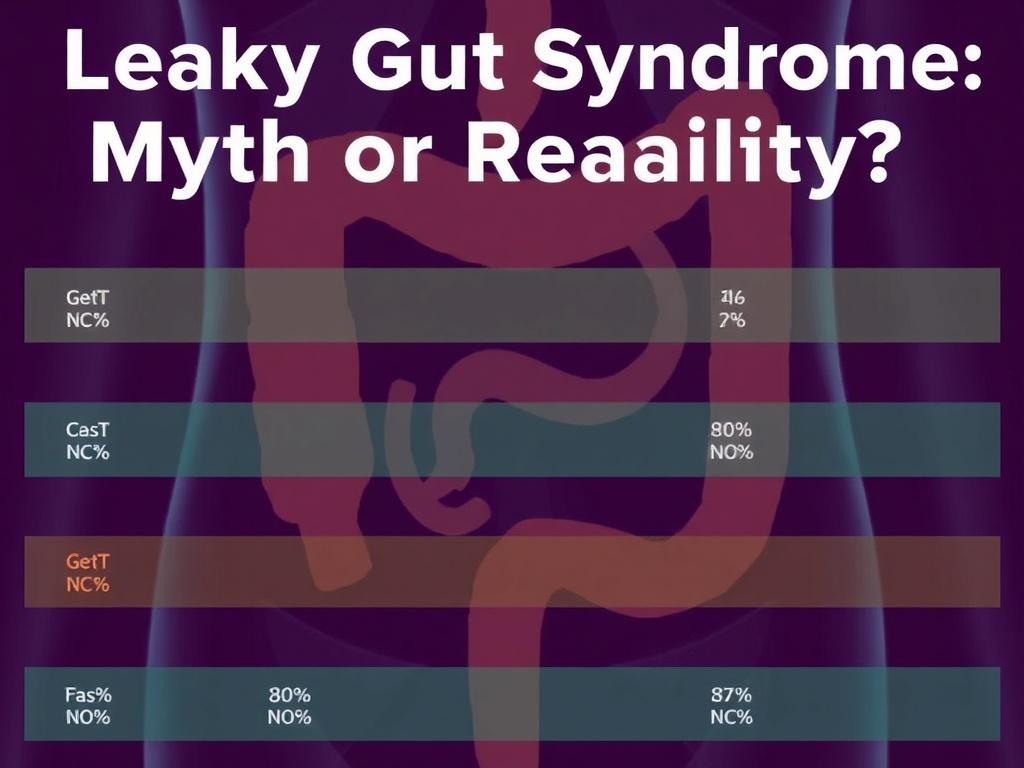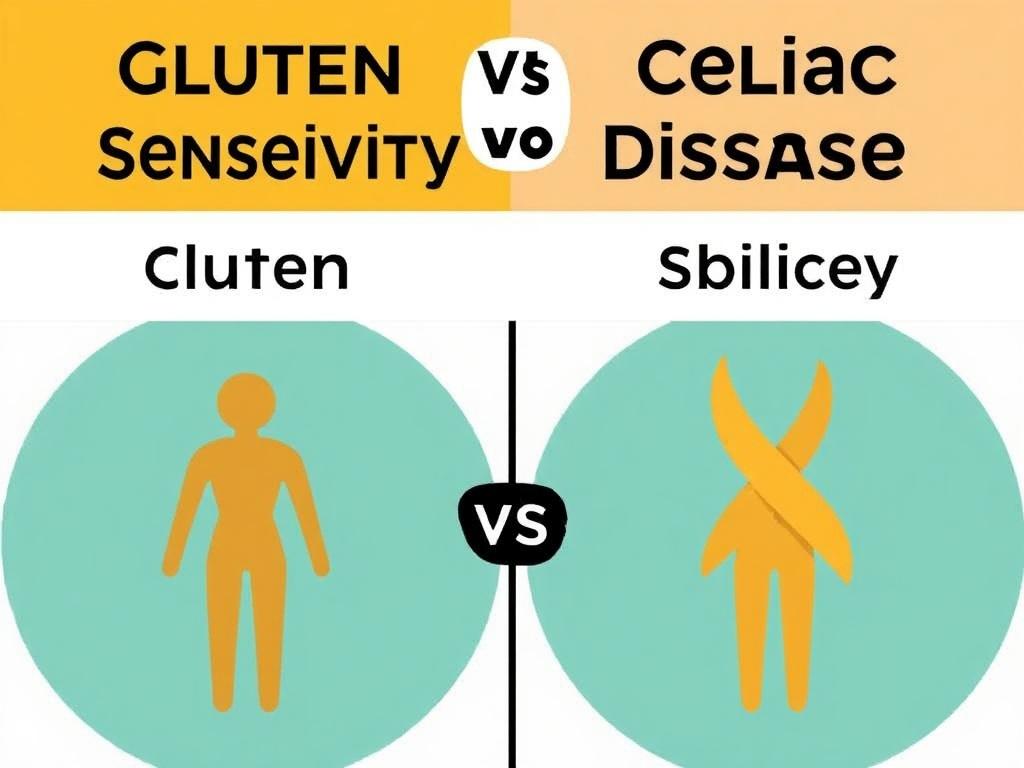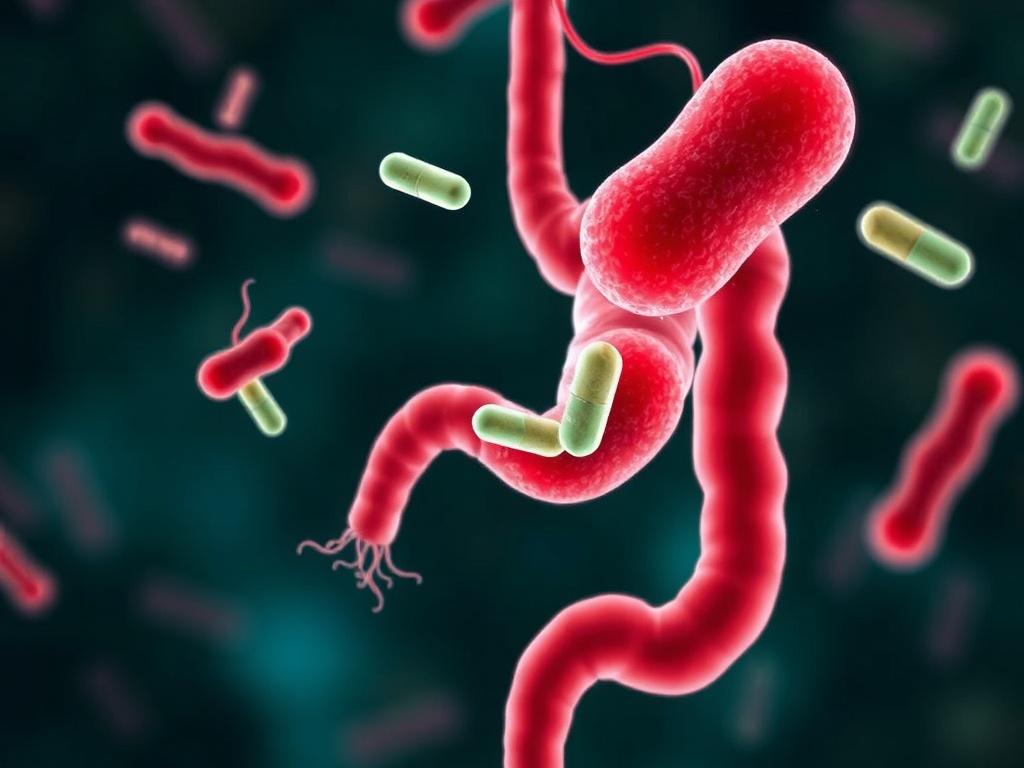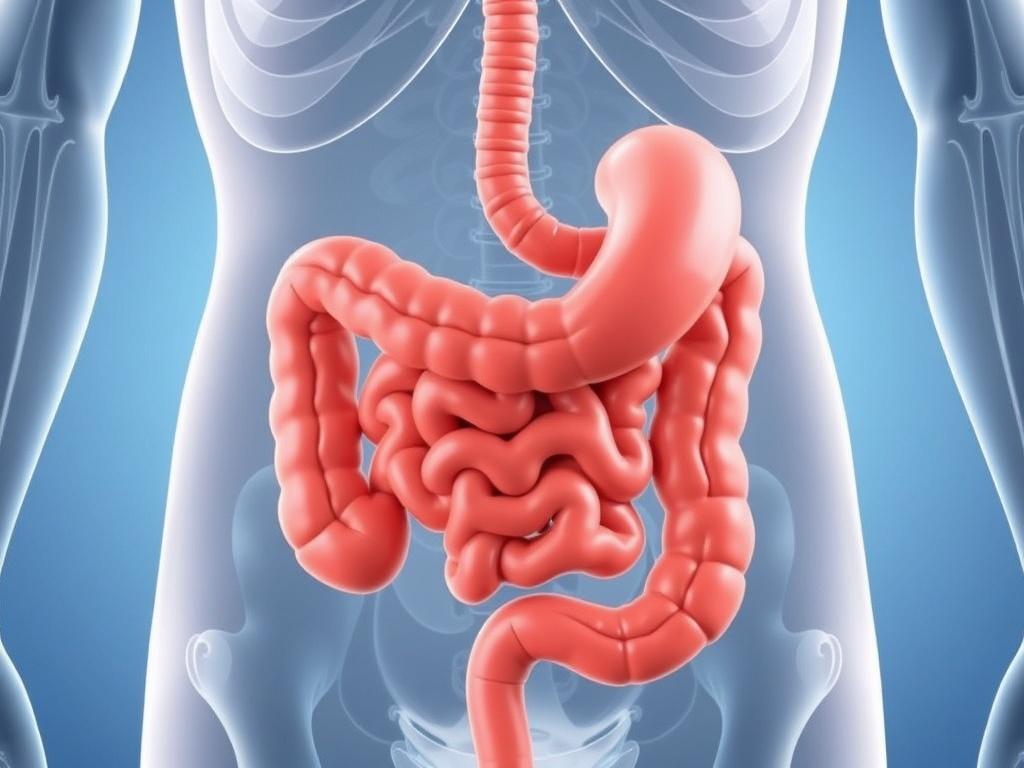Leaky Gut Syndrome has become a buzzword in health and wellness communities over recent years. You might have come across articles, social media posts, or even heard your friends or healthcare practitioners mention it as a hidden culprit behind various health issues. But what exactly is leaky gut syndrome? Is it a real medical condition or just a myth blown out of proportion? In this comprehensive article, we’ll explore the science behind leaky gut, what causes it, how it affects your body, and whether it truly exists as a diagnosable syndrome. We will also discuss its purported symptoms, treatments, and how to approach this topic with a critical yet open mind.
What Is Leaky Gut Syndrome?
To understand leaky gut syndrome, it helps first to know a bit about the digestive system, especially the lining of your intestines. The gut lining acts like a barrier that controls what gets absorbed into your bloodstream. Normally, this barrier is tight and selective, allowing nutrients to pass while keeping harmful substances out. When this barrier becomes more permeable than it should be—in other words, “leaky”—substances like toxins, microbes, and undigested food particles can slip through and enter the bloodstream. This increased intestinal permeability, sometimes referred to as «leaky gut,» is thought to trigger inflammation and set off a chain reaction that may contribute to a variety of health problems.
The Anatomy of Intestinal Barrier
The intestinal barrier is made up of a single layer of intestinal epithelial cells connected by tight junctions. These tight junctions are protein complexes that regulate the passage of substances. When these junctions loosen or get damaged, intestinal permeability increases. Here’s a simplified look at this structure:
| Component | Function |
|---|---|
| Intestinal Epithelial Cells | Create a physical lining in the intestines |
| Tight Junctions | Seal the spaces between epithelial cells to control permeability |
| Mucus Layer | Protects the epithelial cells from harmful bacteria and acids |
| Gut-associated Lymphoid Tissue (GALT) | Immune system component that defends against pathogens |
The Science Behind Leaky Gut: What Does Research Say?
There is some scientific evidence demonstrating that increased intestinal permeability occurs in certain medical conditions, such as celiac disease, inflammatory bowel diseases (IBD) like Crohn’s disease, and even type 1 diabetes. In these cases, damage to the gut lining and increased permeability are well documented and considered part of the disease process.
However, the broader concept of “leaky gut syndrome” as a standalone diagnosis or the root cause of vague symptoms like fatigue, headaches, and joint pain remains controversial. Many experts argue that while leaky gut might be a piece of a larger puzzle, it is not a clearly defined syndrome recognized by mainstream medicine.
Key Findings in Leaky Gut Research
— Studies show that intestinal permeability is increased in autoimmune diseases.
— Experimental models suggest that a disrupted gut barrier may contribute to systemic inflammation.
— The gut microbiome plays an important role in maintaining gut barrier integrity.
— Dietary factors, infections, and stress can affect the tight junctions.
— More research is needed to confirm causation between leaky gut and chronic non-GI symptoms.
Common Symptoms Attributed to Leaky Gut Syndrome
0
People who believe they have leaky gut often report a variety of nonspecific symptoms, making it difficult to pinpoint whether leaky gut is the real cause or if something else is at work. Symptoms attributed to leaky gut include:
- Chronic fatigue
- Bloating and gas
- Food sensitivities
- Autoimmune conditions flare-ups
- Brain fog and difficulty concentrating
- Joint pain and inflammation
- Skin issues such as eczema or rashes
Because many of these symptoms overlap with other health conditions, diagnosing leaky gut based solely on symptoms is unreliable. This explains why some practitioners use leaky gut as a catch-all explanation when other diagnoses are unclear.
How Does One Develop Leaky Gut?
Several factors are believed to contribute to the increased permeability of your gut lining:
| Factor | Effect on Gut |
|---|---|
| Poor Diet | High sugar, processed foods and alcohol can damage gut lining |
| Chronic Stress | Impairs immune function and gut barrier maintenance |
| Infections | Pathogens can disrupt the mucosal barrier |
| Medications | Antibiotics and NSAIDs may increase permeability |
| Inflammatory Diseases | Gut inflammation weakens the intestinal barrier |
Testing for Leaky Gut Syndrome
One of the challenges surrounding leaky gut syndrome is the lack of standardized diagnostic tests. Some clinicians may use:
- Lactulose-Mannitol Test: Measures the urinary excretion ratio of these sugars to assess permeability.
- Blood Tests: Checking antibodies like zonulin or lipopolysaccharide-binding protein (LBP) associated with intestinal permeability.
- Stool Tests: To detect dysbiosis or markers of inflammation.
However, these tests are not commonly accepted or definitive diagnostic tools in mainstream medicine. Results can vary due to many factors, and none of these tests alone confirm leaky gut syndrome.
Why Diagnosis Is Complicated
Diagnosing leaky gut syndrome using current methods poses some problems:
— No gold-standard test exists.
— Tests may have variable accuracy and poor specificity.
— Increased intestinal permeability can be transient or caused by other diseases.
— Many symptoms are nonspecific and overlap with other illnesses.
Treating Leaky Gut Syndrome
If you suspect leaky gut syndrome, you might be wondering what can be done about it. Treatment approaches mainly focus on restoring gut health, reducing inflammation, and improving lifestyle habits. Here’s a list of common recommendations:
- Adopting a whole-foods diet rich in fruits, vegetables, and fiber.
- Eliminating processed foods, sugar, and potential allergens.
- Probiotic supplementation to support a healthy gut microbiome.
- Managing stress through mindfulness, meditation, or yoga.
- Avoiding unnecessary use of antibiotics or NSAIDs.
- Addressing underlying health conditions such as infections or autoimmune diseases.
Although many people report benefits from these measures, it is still unclear if healing a «leaky gut» directly treats the syndrome or if general gut health improvements alleviate symptoms.
Popular Supplements and Foods for Gut Health
Here are some supplements and foods commonly touted to help with gut barrier repair:
| Supplement/Food | Purported Benefit |
|---|---|
| L-glutamine | Supports intestinal cell repair |
| Probiotics | Restore balance in gut microbiota |
| Bone broth | Rich in collagen and amino acids for gut lining |
| Prebiotic fibers | Feed good bacteria in the intestines |
| Zinc | Important for immune function and gut repair |
Remember, before starting any new supplement regimen, it’s important to consult with a healthcare professional.
Leaky Gut Syndrome in Alternative vs. Mainstream Medicine
Leaky gut syndrome is widely embraced by practitioners of alternative and integrative medicine. They often consider it a foundation for many chronic health issues and promote extensive testing and natural therapies to combat it. Meanwhile, mainstream medical professionals generally remain skeptical, citing a lack of robust clinical evidence and standardized diagnostic criteria.
Bridging the Gap
The truth is likely somewhere in between. Research into intestinal permeability is ongoing, and new discoveries may clarify how leaky gut fits into overall health. Meanwhile, adopting practices that support gut health—such as eating a balanced diet, managing stress, and avoiding harmful substances—is universally beneficial.
FAQs About Leaky Gut Syndrome
- Is leaky gut syndrome recognized by medical organizations? Currently, major medical bodies do not recognize leaky gut syndrome as an official diagnosis.
- Can leaky gut be the cause of autoimmune disease? It might play a role in disease progression, but it’s not proven to be the sole cause.
- Are there any risks in treating leaky gut naturally? Most dietary and lifestyle interventions are safe, but beware of self-prescribing supplements without guidance.
- How long does it take to heal a leaky gut? Healing time varies greatly depending on underlying causes and individual health.
Summary of Evidence: Leaky Gut Syndrome at a Glance
| Aspect | Current Understanding |
|---|---|
| Definition | Increased intestinal permeability allowing unwanted substances through gut lining |
| Recognition | Well recognized in certain diseases (celiac, IBD), but not established as a standalone syndrome |
| Symptoms | Nonspecific; overlap with other conditions |
| Testing | No widely accepted or standardized diagnostic tests |
| Treatment | Focus on diet, lifestyle, addressing underlying causes; evidence for specific therapies limited |
| Controversy | Debate between alternative medicine and conventional medical communities |
Conclusion
Leaky gut syndrome sits at the intersection of exploring new frontiers in medicine and the growing desire for holistic health approaches. While the concept that increased intestinal permeability can contribute to inflammation and certain diseases is supported by some scientific evidence, the idea of leaky gut as a generalized syndrome explaining a wide range of symptoms remains controversial. Diagnosing and treating it as a distinct condition without solid evidence risks confusion and misdirected treatments. Yet, the emphasis on gut health—through diet, lifestyle, and managing stress—is undeniably valuable. Whether you view leaky gut syndrome as myth or reality, prioritizing a balanced gut ecosystem is a smart choice for overall well-being. Keeping abreast of ongoing research will hopefully provide clearer answers in the coming years, helping both patients and clinicians navigate this intriguing topic with more confidence.
Читайте далее:













